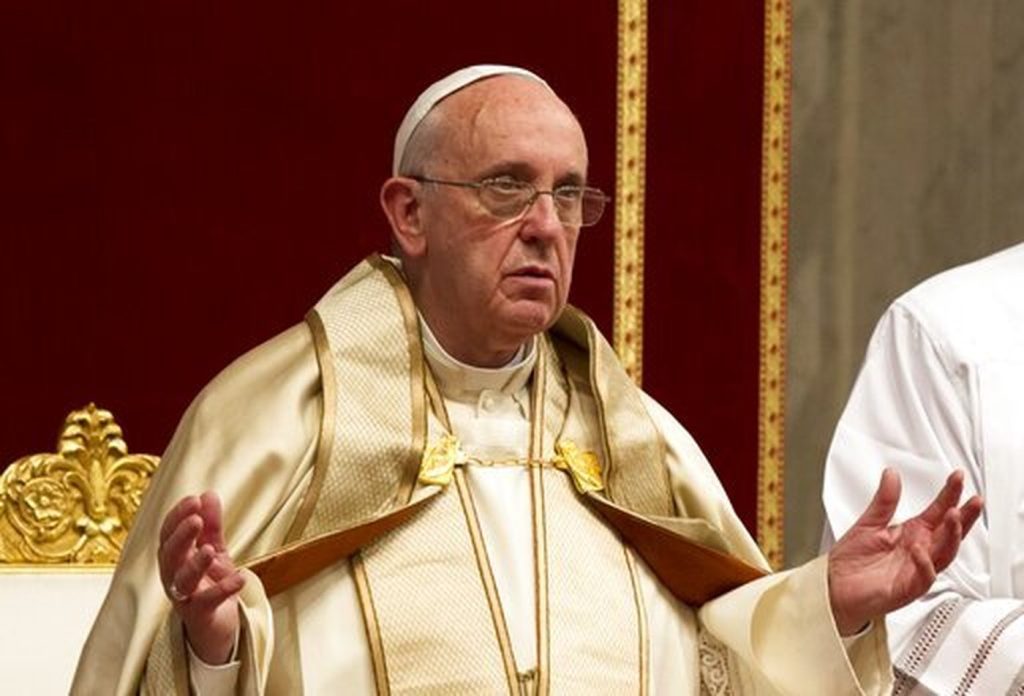Pope Francis, who passed away on Monday, made significant changes to the Catholic Church's teachings during his papacy, particularly in contentious areas like the death penalty and nuclear weapons. Unlike his predecessors, he adopted a more pastoral approach to issues such as abortion and allowed greater involvement of laypeople in church matters. His engagement with marginalized groups, particularly Muslims, stood out as an essential aspect of his efforts to promote dialogue and understanding.
On the issue of abortion, Francis upheld the Church's teachings that oppose it, describing it as part of a “throwaway culture.” He emphasized the sacredness of human life but took a different approach from previous popes by calling for the Church to spiritually support women who have had abortions. He also permitted ordinary priests to absolve women who had intentionally terminated a pregnancy, demonstrating a pastoral sensitivity that was previously less emphasized. His rejection of ideas to deny Holy Communion to President Joe Biden due to his pro-choice stance highlighted his view that bishops should act as pastors rather than politicians.
In addressing the sexual abuse crisis, Francis faced criticism after initially siding with a Chilean bishop accused of complicity in abuse. However, he later acknowledged his mistake, met with victims, and took significant actions, including defrocking former U.S. Cardinal Theodore McCarrick. He implemented reforms to abolish pontifical secrecy and establish protocols for investigating bishops involved in abuse cover-ups. Despite these steps, some high-profile cases continued to cast a shadow over his administration.
His relationship with former Pope Benedict XVI, who resigned in 2013, had moments of friction, especially over issues like clerical celibacy. While praising Benedict's humility and courage, Francis maintained that the papacy should be a lifetime commitment after Benedict's death in 2022.
On economic issues, Francis criticized capitalism and advocated for policies that prioritize human dignity over profit. He called for universal basic income, dignified wages, and better working conditions, emphasizing the need to change an economic system that he deemed “selective” and harmful. This has led some conservatives to label him as having Marxist sympathies.
Regarding celibacy, Francis upheld the tradition for Latin Rite priests despite discussions about allowing married priests in areas with a shortage of clergy. He acknowledged the celibacy requirement could be changed but deemed the political climate unsuitable for such a decision currently.
In his approach to China, Francis initiated a controversial agreement concerning bishop nominations, which some critics viewed as appeasement to the Communist regime. The specifics of the deal remained undisclosed, adding to the criticism directed at him from conservative factions within the Church.
On the topic of contraception, he reiterated the Church's opposition to artificial methods but suggested that Catholics practice “responsible parenthood,” implying the use of Natural Family Planning methods. He notably indicated that under dire circumstances like the Zika epidemic, avoiding pregnancy through artificial means was morally acceptable.
During the COVID-19 pandemic, Francis urged prioritization of vulnerable populations and supported global vaccination efforts, notably providing moral justification for vaccinations that were developed using cell lines from aborted fetuses, which put him at odds with some traditionalists.
In a landmark shift, Francis declared the death penalty inadmissible in all cases, arguing for the abolition of life sentences as “hidden death penalties” and condemning solitary confinement as torture. He also engaged with global issues such as environmentalism, presenting scientific data in his encyclicals and advocating for action against climate change.
His outreach to Indigenous peoples included apologies for historical wrongs committed against them, particularly in the Americas, and a repudiation of the “Doctrine of Discovery.” He promoted dialogue with Islam, securing significant agreements with Muslim leaders and advocating for peaceful coexistence.
Francis’s restrictions on the Latin Mass led to backlash from traditionalist factions, reinforcing existing divides within the Church. His approach to LGBTQ+ issues included a welcome message to the community. He affirmed that LGBTQ+ individuals are loved by God, though he did not change Church teaching regarding homosexual acts.
Lastly, on the issue of migration, he condemned the indifference shown to migrants and called for compassion and action, emphasizing the need for nations to support those seeking refuge. His strong advocacy for migrants extended to criticism of policies that hindered their entry, including stating that individuals building walls to keep migrants out were not acting in accordance with Christian values.
During his papacy, Francis initiated significant reforms within the Vatican, focusing on transparency and accountability. He created a Secretariat for the Economy and took steps to address financial mismanagement, pushing for ethical investment policies.
In terms of women's roles, he made strides by appointing women to notable positions within the Church, though he reaffirmed the all-male priesthood, indicating that there were still boundaries to women's advancement within ecclesiastical structures.











